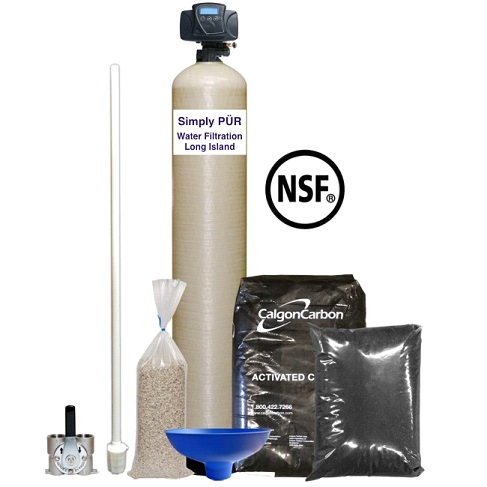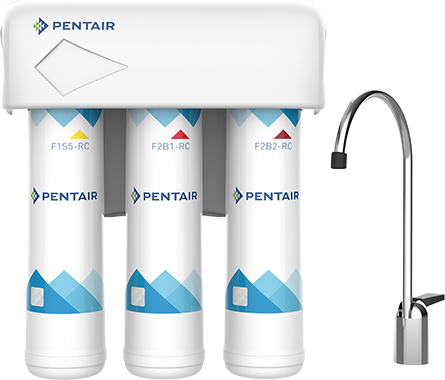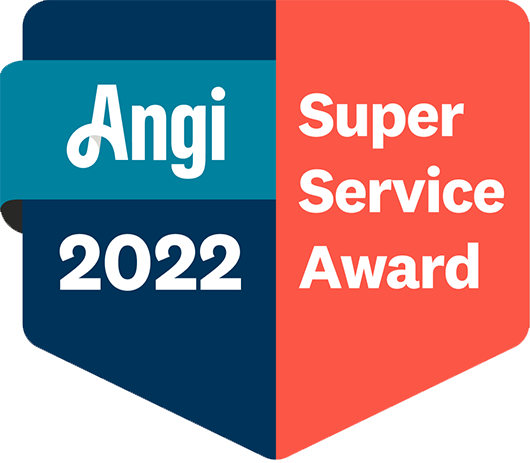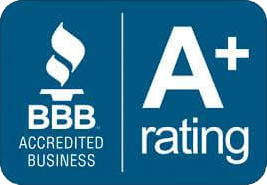According to several recent news reports, four water districts in Long Island – Jericho Water District, the village of Hempstead, the Town of Hempstead, and Liberty Water’s Merrick district – are currently not meeting regulations to limit the dangerous synthetic chemical dioxane, affecting around 150,000 customers. New York was actually the first state in 2020 to enforce a standard for 1,4-dioxane in drinking water. However, the presence of dioxane in 70% of Long Island’s public water wells underscores that municipalities in both Suffolk and Nassau counties haven’t yet addressed the issue with any urgency.
This situation is particularly concerning given that dioxane has been identified as a probable carcinogen by the Environmental Protection Agency (EPA) and is commonly found in industrial solvents, household detergents, and other products.
What is 1,4-Dioxane and Why is it Dangerous?
1,4-Dioxane is a synthetic chemical, primarily used as a solvent and stabilizer for other solvents in various industrial applications. This colorless, flammable liquid, which has a mild sweet odor and dissolves in water at all concentrations, can also be found in some consumer products like cosmetics, detergents, and shampoos.
Health Effects
Researchers say the impact of 1,4-dioxane on human health can vary based on the amount and duration of exposure, as well as the route of exposure (ingestion, inhalation, or skin contact). Short-term exposure to this chemical can cause symptoms like dizziness, headaches, and irritation of the eyes, nose, and skin.
Cancer Risk
The U.S. Department of Health and Human Services (HHS) considers 1,4-dioxane as reasonably anticipated to be a human carcinogen. Prolonged exposure to this chemical can lead to serious health issues, including damage to the liver and kidneys, and an increased risk of developing tumors and cancers in these organs.
Environmental Persistence
1,4-dioxane is known for its persistence in the environment. When it enters water sources, it does not readily break down or degrade, making it a long-lasting contaminant. This persistence can pose challenges for water treatment and remediation efforts.
How Did Dioxane Get in the Water Supply in Long Island?
Dioxane has been known to enter the environment in several ways. It can be released into the air, water, and soil, and it can evaporate like water. It can also move through soil to contaminate groundwater. When mixed with water, 1,4-dioxane does not readily break down or degrade, making it a persistent contaminant in water sources.
The presence of 1,4-dioxane in Long Island’s water supply is a result of longstanding industrial and agricultural practices. Long Island relies solely on its groundwater for drinking water, making it particularly susceptible to such contamination.
What Can You Do?
Research published in “Environmental Science: Water Research & Technology” reveals that reverse osmosis (RO) membranes are highly effective in removing 1,4-dioxane and other trace organic compounds, achieving rejection rates of 98% and 99% for 1,4-dioxane. A study from “Water Research” highlights the exceptional efficiency of reverse osmosis systems, especially those integrating ultrafiltration with RO, in eliminating 1,4-dioxane from water.
Simply PURE Water Filtration, Inc. offers advanced reverse osmosis systems capable of removing dioxane from water. By choosing us, you ensure that your drinking water is not just compliant with these standards, but also safe and healthy.
We understand the importance of clean drinking water and are committed to providing effective solutions to keep your family safe. Installing a Simply PURE Water Filtration, Inc. system is a proactive step towards ensuring the quality and safety of your drinking water. Get the peace of mind you need and contact us today for a free consultation about your water.
About Simply PURE Water Filtration Services
Living in and serving the Long Island community, we strive to make sure everyone has access to clean, healthy water. We have the experience, knowledge, and industry-leading technology to provide clean water solutions for water impurities, contaminants, hard water, bad tasting/odors, well water, acidity & pH regulations.
Proud members of the WQA (Water Quality Association), and the EWQA (Eastern Water Quality Association), we adhere to strict guidelines and the WQA code of ethics. As a Pentair True Blue Partner and Authorized Distributor of Pentair Products, there’s nothing comparable to the performance, and efficiency of our whole house purification systems, water softeners, neutralizers, whole-house filters, and alkaline reverse osmosis systems for drinking in the convenience of your home.


Our products are all NSF / ANSI certified, meeting the highest safety standards and quality performance. Providing our community with only the best experience of high quality water that’s Simply PURE from our family to yours!
Simply PURE utilizes accurate testing methods before and after system installation, as well as annual maintenance of all your water treatment equipment. Our Revolutionary Custom Built Water Treatment systems upon the completion of a Free In-Home Water Analysis, or an in-depth Comprehensive Water Analysis of your choice sent to our Certified Laboratory.




